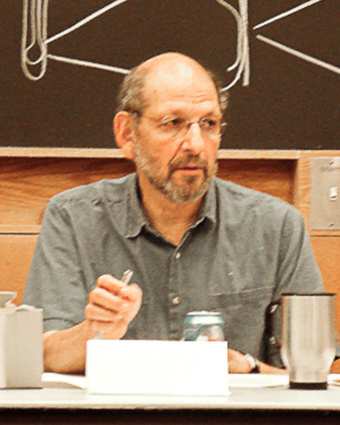
Professor Emeritus
Contact Information
Research Summary
Microtubules are important for the establishment and maintenance of asymmetric cell shape, organization of the cytoplasm, and motile activities such as chromosome segregation. Our laboratory studied how yeast and animal cells regulate microtubule assembly; how different cell types specify the organization of microtubules into appropriate structures; and the molecules that mediate interactions between microtubule structures and other parts of the cell. This work also explored how fundamental cell processes – such as protein folding, gene expression and cell cycle control – interact with the state of microtubules in the cell.
Biography
Frank Solomon received his AB in history from Harvard University in 1964. He received his PhD in biochemistry in 1970 from Brandeis University, studying with William Jencks. He was a postdoctoral fellow at Philadelphia’s Institute for Cancer Research. He also worked at the Miescher Institut (Basel) and MIT’s Department of Biology, and joined MIT’s Biology Department faculty at MIT in 1976. He taught MSRP, undergraduate and graduate students. His courses included biochemistry, cell biology, experimental design and responsible conduct of research. He also served on the Biology Department’s Graduate Committee, including a stint as Chair. Outside MIT, he served on and/or chaired study sections at the NIH, the external advisory committees of departments elsewhere on the editorial boards of journals of research and education. At the American Society for Cell Biology, he chaired the Education Committee and collaborated with Harvard’s National Bureau of Economic Research on a study of career structure in the life sciences.